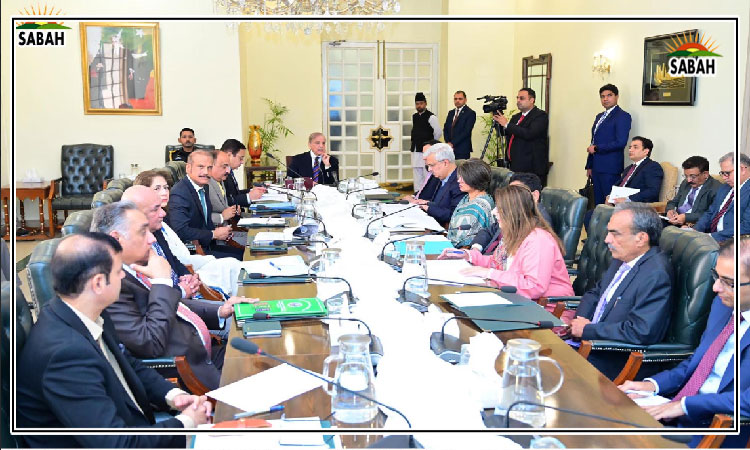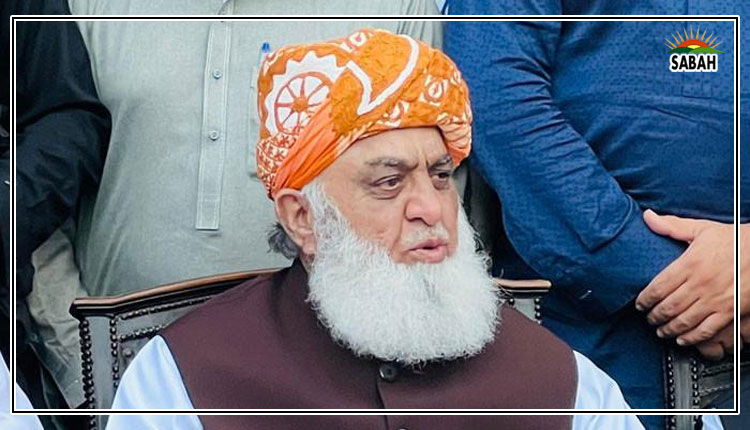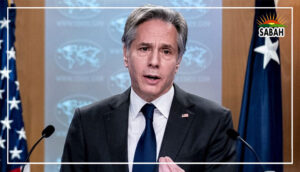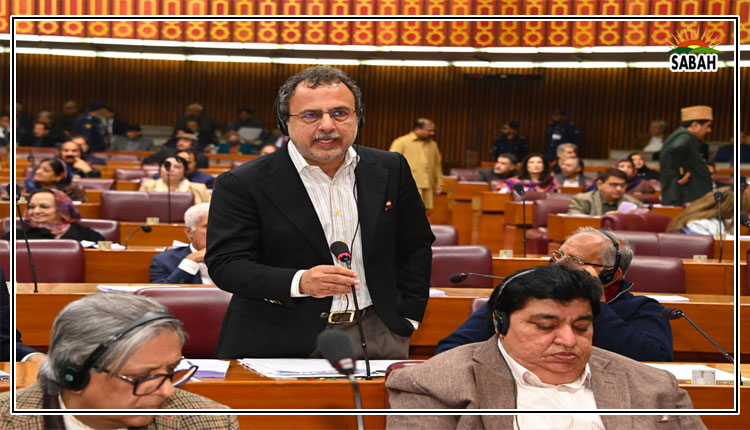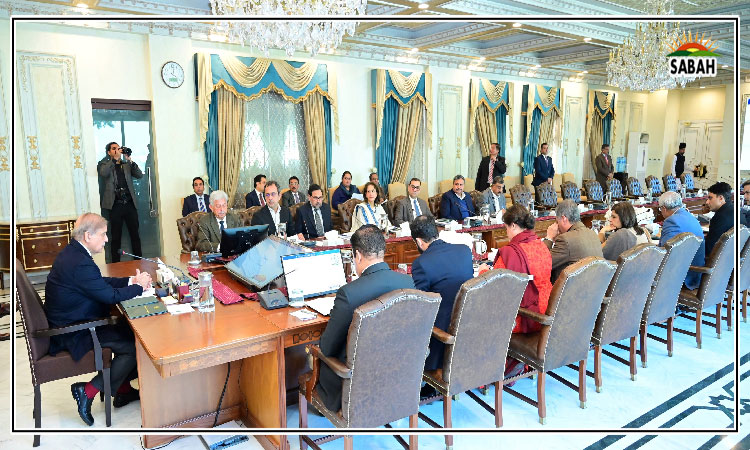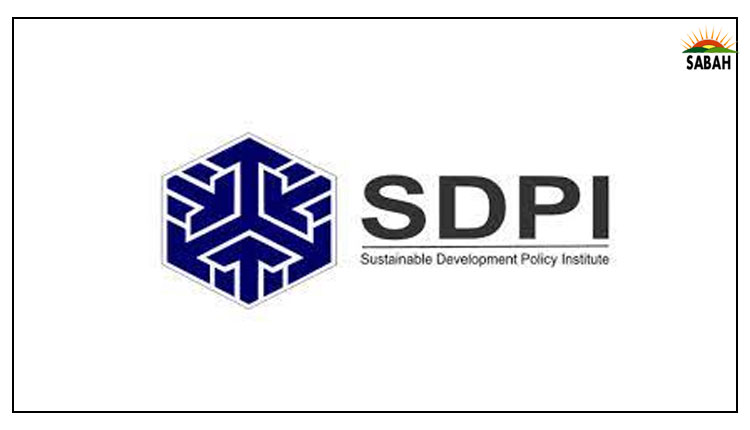Experts at a webinar organized by SDPI for 70% increase in tax on tobacco products
ISLAMABAD, Feb 06 (SABAH): Experts at a webinar called upon the government to increase tax on tobacco products by 70% of their retail price, which what they say is crucial to increase revenues in the face of ailing economy,
The webinar on “Tobacco Taxation: Nostrum to the Ailing Economy” was organized by Sustainable Development Policy Institute (SDPI) here.
Dr. Shafqat Munir, Director, Resilient Development Programme, SDPI said Pakistan ranks 10th highest tobacco consuming country which needs immediate attention of the government. Upholding the idea of 70% increase in tax on tobacco products, he urged the government to revisit fast track progressive taxation regime on tobacco to support economy and reduce the incidence of tobacco-related diseases.
Asif Iqbal, Managing Director, Social Policy and Development Centre (SPDC) said that if we plan to increase tax to 70% the, we shall have to manage the price hike by the tobacco retailers. He said that FBR’s track and trace system has effectively reduced under-reporting and illicit trade. He suggested adopting medium-term tax policy to reduce speculation and data manipulation in the tobacco industry and ensure fair taxation for all. According to current estimates, up to 70% increase in tax can generate over Rs 65 billion revenues, he said.
Dr. Vaqar Ahmed, Joint Executive Director, SDPI suggested that brand registration fee structure should be increased and the registration must be renewed annually and the tax collection should be imposed in advance, which will not only guarantee higher revenue generation but will also discourage consumption. He further suggested that the tobacco cultivation should be taxed to bring the tobacco farmers in the taxnet and discourage farming.
Wasif Ali Naqvi, Senior Research Associate, SDPI said that 170,000 annual deaths are caused by tobacco along with cardiovascular and respiratory diseases, and cancers. Against the global decline in tobacco consumption, Pakistan has 24% consumption rate and 10.7% youth aging between 13-15 is indulge in smoking. Pakistan is signatory to Framework Convention on Tobacco Control which suggests strengthening tobacco taxation and WHO suggests 70% tax on the retail price, he said, adding that currently the federal excise duty is around 44.3% after the Tax Law Ordinance. He said that underreporting by the tobacco industry from 2015-18 cost the country $143 to $448 million each year. He said that only two tobacco companies pay 98% of the entire tax while the remaining cumulatively pay 2% of the tax. He elucidated that the volume of illicit trade increased from 23% to 40% from 2018 to 2020 and policy inconsistencies have been at the center of the revenue losses. He suggested constituting a working group of FBR with representation from federal and provincial governments to work on tax measures for the forthcoming budget and bringing novel nicotine and tobacco products, chewable tobacco products and illicit trade in the tax policy regime.
Abdul Wahid Uqaily, Head for Track and Trace, FBR said that track and trace system has been imposed in eight companies and is still in process for nine other registered companies. Stressing the need for educating public regarding the track and trace system, he said each pack can be verified against illegal sale and counterfeit. He further said that track and trace system will also reduce the import burden in tobacco, sugar and cement sector.
Ammar Rashid, Research Lead, Heartfile, said that under-reporting of production and sales must be countered. Research reports show that annual sales under-reporting is between 27% to 47% and financial under-reporting falls between 20% to 40%, he maintained. He called for improving data availability on consumption of tobacco products and the impact of increase in tax and pricing to sales is crucial to come up with robust tax policies. He suggested making penalties stricter for tobacco companies in line with their profits.
Minhajus Siraj, Chief Executive Officer, Syndicate Health, emphasized on conducting training for health advocates regarding tax proposals. He said imposition of an effective tax regime is complicated, as the registered market is held by a few companies and the remaining market is infiltrated by illicit trade.



